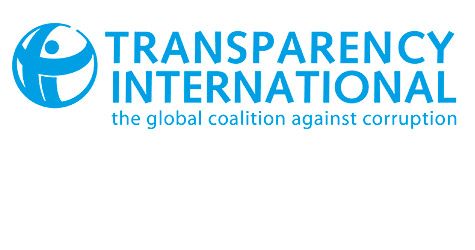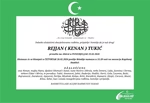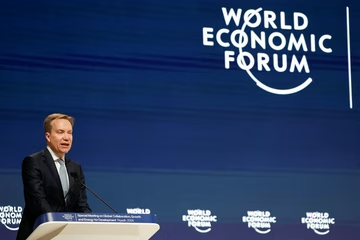TI BiH: Low institutional transparency undermines citizens' trust

The work of governments and assemblies of cantons, entities and parliaments at the state level in Bosnia and Herzegovina is insufficiently public, which denies the possibility of citizens' participation in the control of their work and the decision-making process. Due to this, there is growing distrust in the work of institutions and room for corruption. This is the message of the round table entitled 'Transparency of the decision-making process in Bosnia and Herzegovina', held today in Sarajevo in the organization of Transparency International in Bosnia and Herzegovina.
Oglas
At the round table, organized with the support of the Embassy of the Kingdom of the Netherlands, the results of the research published as part of the analysis entitled "Review of the level of proactive transparency of the decision-making process" were presented, which covered the institutions of the executive and legislative authorities at the cantonal, entity and state levels, and they pointed out lack of transparency of public bodies throughout Bosnia and Herzegovina.
"The research showed that none of the governments in Bosnia and Herzegovina regularly publishes materials from the held sessions on their websites, while the Council of Ministers and the Government of the Posavina Canton are the only two institutions of the executive power whose minutes from the sessions are published promptly and available to citizens," TI BiH stated.
This data, as well as the fact that only five out of 14 governments in BiH regularly announce their decisions on their official websites, indicates that citizens in Bosnia and Herzegovina are not adequately informed about the decisions of the executive authorities that directly affect them, which reduces the level of public confidence in their work.
As stated by TI BiH in a press release, legislative bodies throughout BiH do not show any better state of proactive transparency, since the research indicated that the assemblies of cantons, entities, as well as both houses of the Parliament of BiH do not regularly publish plans or reports on conducted public debates or hearings. Only five out of 16 legislative bodies at the observed levels of government in BiH publish reports on their work regularly.
An overview of the level of proactive transparency of the decision-making process shows that there are governments in BiH whose actions the public is insufficiently informed about, while citizens are denied information about key stages in the work of parliaments, which adversely affects citizens' trust in institutions and reduces their ability to protect their interests, which in total increases the space for corruption.
Kakvo je tvoje mišljenje o ovome?
Učestvuj u diskusiji ili pročitaj komentare
Oglas
Kakvo je tvoje mišljenje o ovome?
Učestvuj u diskusiji ili pročitaj komentare
Oglas
NAJČITANIJE
Oglas
Oglas
Najnovije
Oglas
Oglas





 Srbija
Srbija
 Hrvatska
Hrvatska
 Slovenija
Slovenija



























































